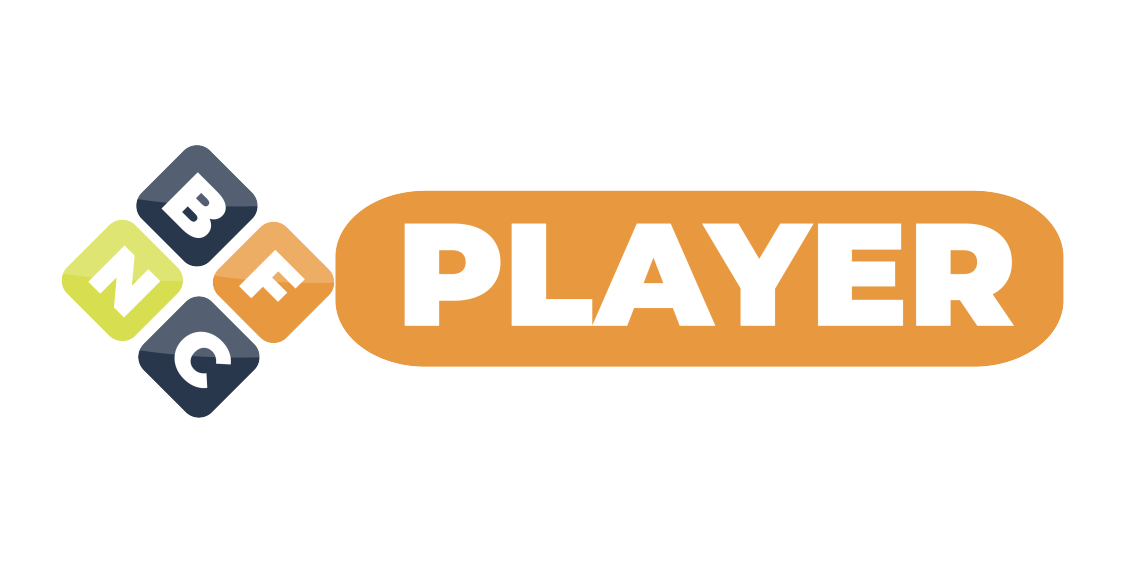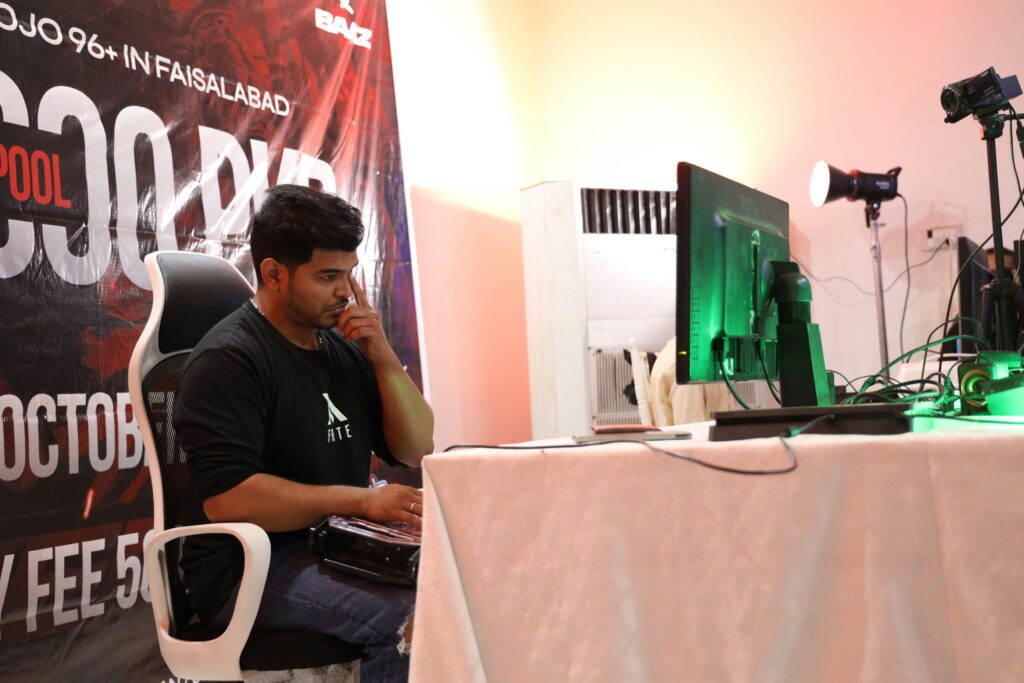The Lost Hero Series in Order: Why It Matters
The key to understanding modern magical quest heroes—especially in Riordan’s universe—is sequence. Read the lost hero series in order, and you get logic, emotional payoff, and the spine of a saga:
1. The Lost Hero
Jason wakes on a school bus, memories erased, instincts and skills barely accessible. With Piper (a daughter of Aphrodite, secrets and power in one) and Leo (Hephaestusborn, mechanical genius), he is thrust into a quest with little guidance. The trio’s journey is as much survival as prophecy. Secrets about identity—Jason’s Roman origins, Piper’s divided loyalty, Leo’s loneliness—set the template for purposeful magic: every new spell or relic is tied to risk, not luck.
2. The Son of Neptune
Percy Jackson—hero from Riordan’s earlier series—awakes with no memory, dropped into Camp Jupiter, where Roman discipline replaces Greek improvisation. Percy, Hazel (haunted by the past, wrestling magical gifts), and Frank (burdened by lineage and shapeshifting power) face monsters, old wounds, chaos gods. The lost hero series in order ensures that Percy’s humiliation and leadership only pay off for readers tracking his trajectory from the start.
3. The Mark of Athena
Annabeth, now strategist and leader, is tasked—alone—with seeking the Mark of Athena and healing a rift as old as the gods’ own war. The crews of the Argo II (now seven demigods) brave monsters, prophecy, and sabotage. Internal and external magic are tested—only discipline, not power, steers them through Mediterranean dangers.
4. The House of Hades
The stakes rise: Percy and Annabeth must traverse Tartarus in a journey through pure nightmare. Friendship, sacrifice, and selfknowledge—not just hexes or swordplay—become the core requirements for survival. Aboveground, Hazel, Frank, and company wrestle magical threats and internal doubts. Magic in this entry is a crucible; no hero comes out unchanged, no shortcut replaces pain.
5. The Blood of Olympus
Gaea threatens to rise, prophecy is nearly played out, and all demigods—Greek and Roman—must find common ground or perish. The resolution for magical quest heroes—and their rivals—is a test in discipline, unity, and letting go of old stories. Every prophecy, wound, and risk from prior books converges.
The Magic of Quest: Power Built From Scar and Choice
The lost hero series in order is relentless on one point: magic is earned.
Spells, blessings, and relics work best for those who take responsibility, not for accidental tourists. Misread prophecies burn down friendships; discipline in reading and interpretation fuels survival.
Teamwork and Evolution
Magical quest heroes in Riordan’s world cannot win alone—a point that the lost hero series in order ties structure to theme.
Jason learns humility and trust; he gains strength not from memory, but from reinventing himself. Piper’s voice and inherited magic work only when connected to resolve and moral clarity. Leo’s power with machines masks loneliness—his quest for love is as mythic as any magical object.
Each new quest builds, layer by layer, on failures and corrections from the last.
Prophecy, Adversity, and Myth
Prophecies are guide, trap, and motivator:
Heroes wrestle with interpretation, only realizing the true meaning after enduring real loss. Adversity is both external (monsters, battles) and internal (doubt, fear, jealousy).
Order in reading ensures every bit of hardwon knowledge is carried forward.
Why Order Delivers Payoff
Character arcs—Nico’s isolation, Hazel’s guilt, Frank’s transformation—are rendered inert if skipped or read out of order.
The structure of magical quest heroes is cumulative: the cost of victory or of loss compounds. Foreshadowing, callbacks, and prophecies shape real suspense. Each book closes wounds and opens new scars, demanding attention and memory not just from heroes, but from readers.
Skipping entries breaks the logic of both magic and meaning.
What Modern Writers and Readers Can Learn
Structure magical quests for growth; make failure and correction, not brute spells, the real steps to mastery. Let prophecy be ambiguous; reward disciplined reading. Develop group heroes with differentiated strengths and weaknesses.
The lost hero series in order is a model for sequenced, escalating quest design.
Final Thoughts
The true test for magical quest heroes is not how much spell power they wield, but how disciplined they become through trial, community, and reflection. Riordan’s sequence proves that leadership, alliance, and fate only land if you track progress book by book. The lost hero series in order is essential for readers—every prophecy, every team shakeup, and every sacrifice only pays off through structure. The future of this genre will always reward patience, memory, and discipline: the qualities that make heroes, and readers, truly magical.



